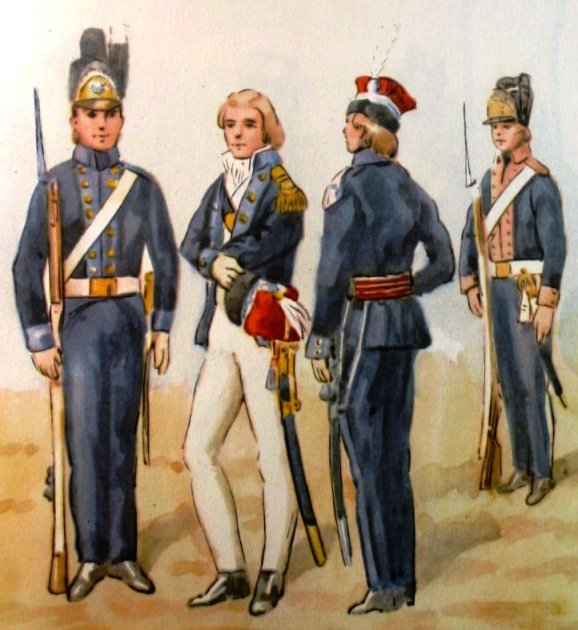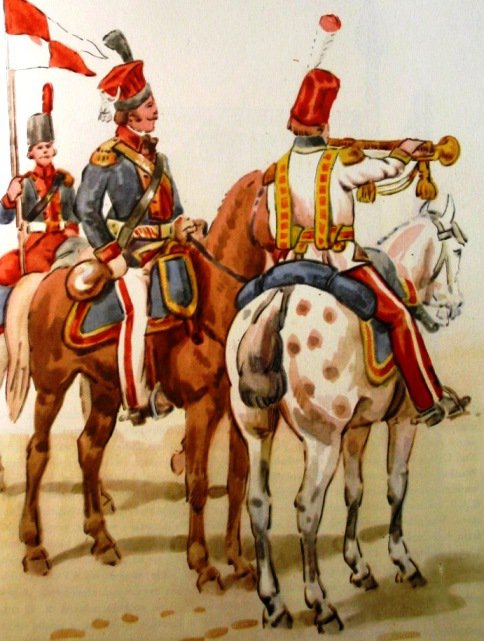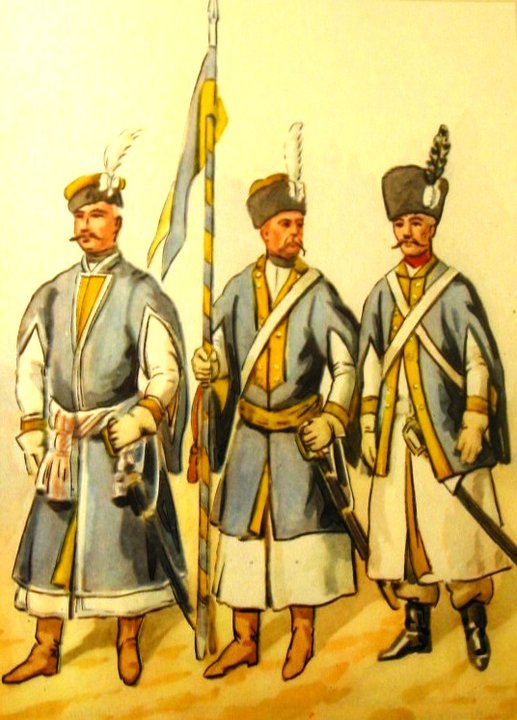At that time Prussia had around 190.000 soldiers.
At the time of Kościuszkos uprising? At the time of Kościuszkos uprising the Prussian army numbered 35.000 regulars and 8200 Landwehr which rounds their armed forces at 43.200 men.
At the same time Poland had 56.000 regulars and approx 20.000 magnate militias (private armies), any conflict could only go one way.
There was a reason why it was called a army with a country.
You got mixed up with Frederic the Greats early years i'm afraid, conversly Frederic is the express reason why by the time of first partition Prussia had only a fraction of its former military power, he depopulated and bankrupted his country to a point that, when Poles rose up in Greater Poland the siege of Warsaw had to be lifted since Prussia simply didnt have any troops available beyond the 30.000 soldiers besieging Warsaw.
But ultimately it was Polands own weakness. Poland wasn't the only country which was surrounded by enemies.
Tartars, Cossacks, Branderburgians, Swedes, Russians, Turks, Wallachians, i daresay Poland was the only country so heavily besieged.
Again Polands weakness is a relative term, what Poland lacked during partitions were briliant leaders, the money and manpower was there, the army while weak for the countries size was none too shoddy, at 56.000 people it had modern infantry and cavalry, artillery, what Poland lacked was a strong king backed by gifted commanders, the nepotism rooted these out decades before.
To digress a bit, its the partitions that allowed Prussia to revive its military power temporarily, the heavy taxes and goods outright looted from polish territories as well as 30.000 polish recruits forcibly pressed into service brought the army to 70.000, by 1806 when Napoleon wiped his arse with prussian armies the prussian army was 120.000 strong with more than 40.000 recruits being Poles.
Prussia needed to invade and annex Poland to survive both economically and due to population defficiencies.




